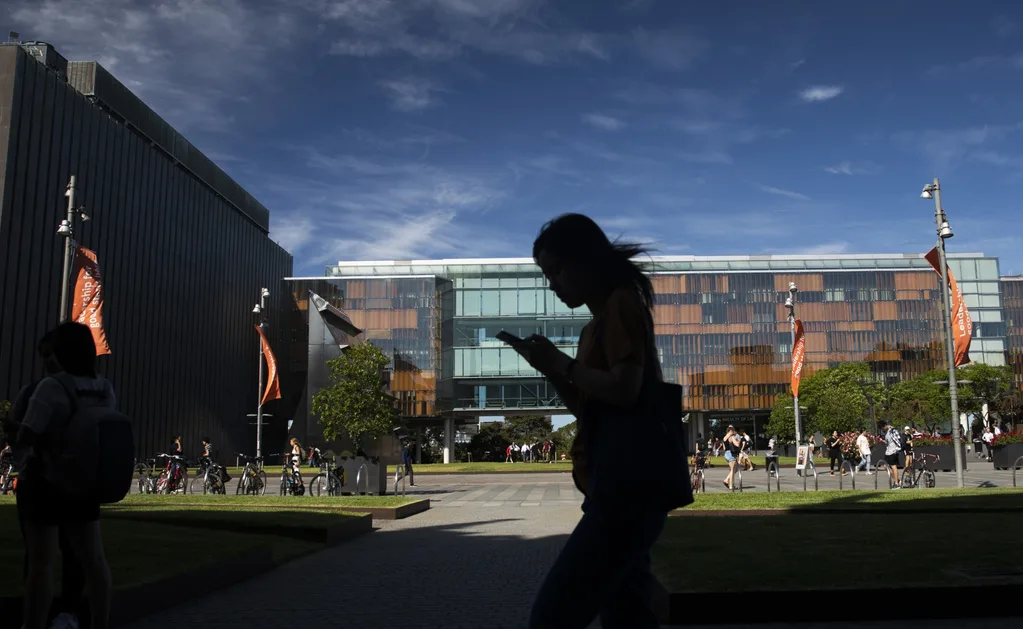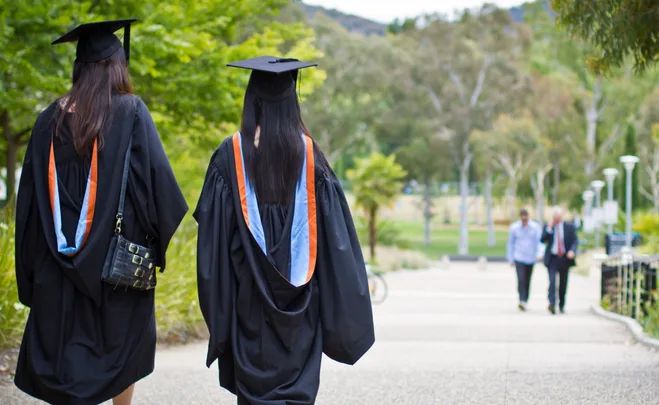Content warning: this article discusses sexual assault and violence and may be distressing to some readers.
A new survey has exposed a devastating reality for Australian University students as its governing bodies, those they should have been able to trust, failed them.
This week, a major national study of 44,000 university students found that one in six students have been sexually harassed, while one in 20 say they have been sexually assaulted since the beginning of their studies.
The survey, named the National Student Safety Survey (NSSS), also found that of those harassed, nearly half took place in general campus areas. Of those that were assaulted, one quarter of the incidents happened at university clubs, societies and events, while another quarter happened at student accommodation. Of those surveyed, it also found that female, transgender and non-binary students were more likely to have experienced harassment.
A sense of hopelessness and anger reverberated through the Australian public as the jarring stats came to light—and it begs the question: How did it go so wrong?
In response to the survey, Sex Discrimination Commissioner Kate Jenkins released a statement detailing her disappointment in the way that this issue has been dealt with by governing bodies.
“Sexual harassment and sexual assault remain far too prevalent in the Australian community. Women, young people and intersectional groups face unacceptably higher risk of this conduct at home, at work, online and in education, including in universities,” Jenkins said.
She then explained that back in 2016, the Change The Course report outlined a similar distressing outlook—it found that one in five university students had been sexually harassed, and 1.6% had been sexually assaulted.
However, the new report had “methodological” changes in comparison to the Change The Course survey which meant the results of each could not realistically convey any real change. This, in itself was a “missed opportunity to measure universities’ progress over the past five years,” Jenkins added.
The 2016 report made nine key recommendations, which included the development of a plan for addressing the drivers of sexual assault and sexual harassment at universities, making information about support services better available for students, and that the survey should be repeated in three years.
Despite this, sexual harassment and sexual assault “remain a serious problem within Australian universities,” Jenkins reiterated in her statement.
She added of NSSS, “I warn against using this data to create rankings because this is a systemic problem requiring a whole community response.”
In the new survey, one female international student said she was repeatedly harassed by a member of staff at her university. They sent her text messages about her appearance and referenced stereotypes about her heritage—she discussed her concerns to the head of the department, but received woeful support.
“I was told by the head of department to block the phone number of the accused and asked to no longer attend school seminars or social events as no one could guarantee my safety from this person,” she explained.
“This occurred over two years ago and since then I have not attended an academic seminar on my campus.”
Another student detailed how members of their group assignment made them feel uncomfortable by making sexist comments about women, asking inappropriate personal questions, and making unwanted physical contact.
“But when I told the lecturer, nothing was done about it, so I dropped the course,” they said.

In response to the devastating results from the survey, Universities Australia’s Chair John Dewar shared a formal apology on behalf of the 39 Australian universities who took part in it.
“On behalf of Universities Australia and its 39 members, I am deeply sorry,” he said in a statement.
“To every single university student who has experienced sexual harassment or sexual assault, or has a friend, family member or loved one who has—I am sorry. I am sorry for what you endured. I am sorry for how that may have affected your relationships, your mental health, your studies and your life.”
He added that in order for change to occur, a cultural overhaul will be required: “The survey results are part of a growing body of evidence in Australia which shows that sexual harassment and sexual assault are pervasive in all corners of our society.
“As a nation, this cannot be tolerated, and as a sector, we will continue to be part of the solution.”
If you are experiencing sexual abuse or other unwanted behaviour, please contact Full Stop Australia.










